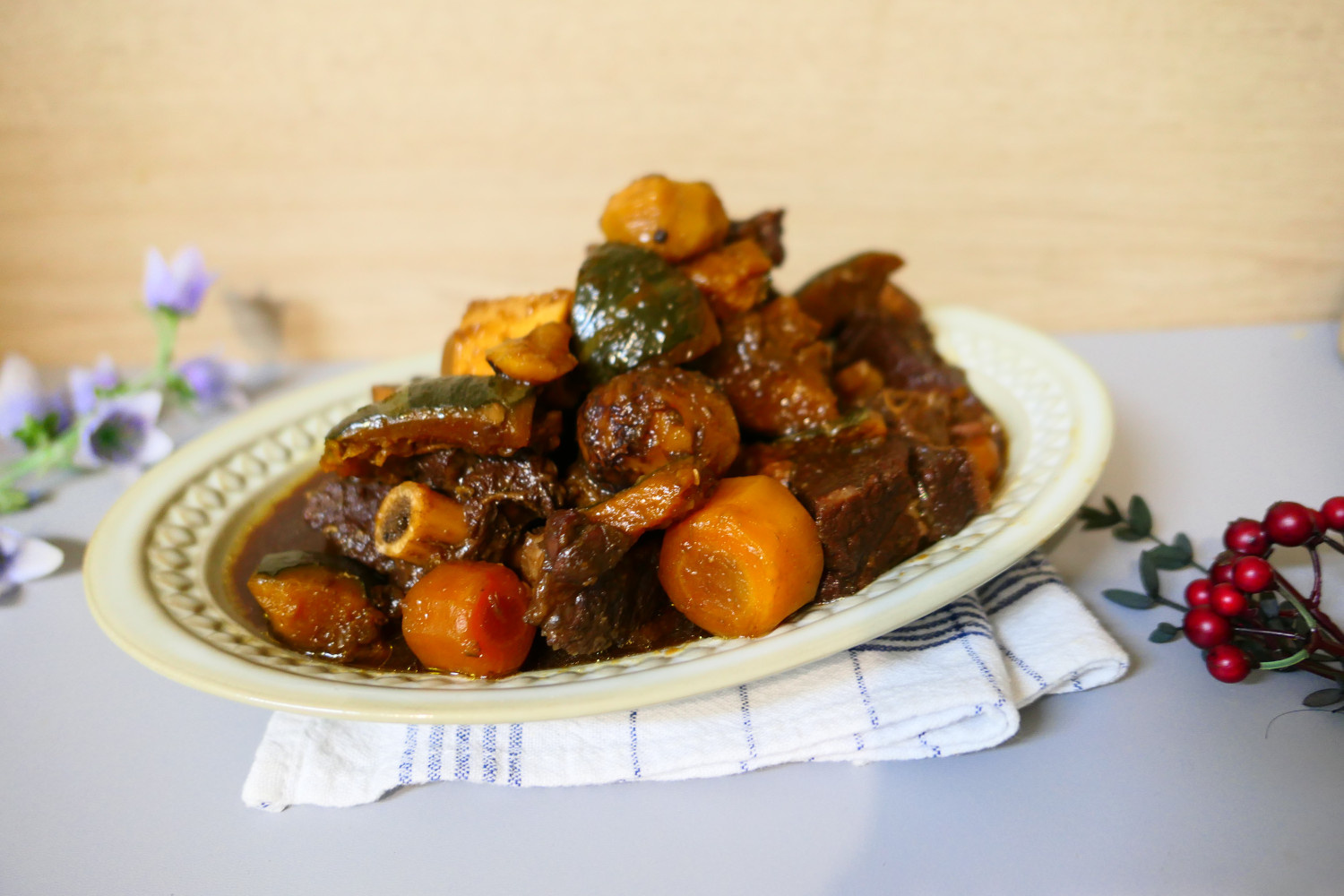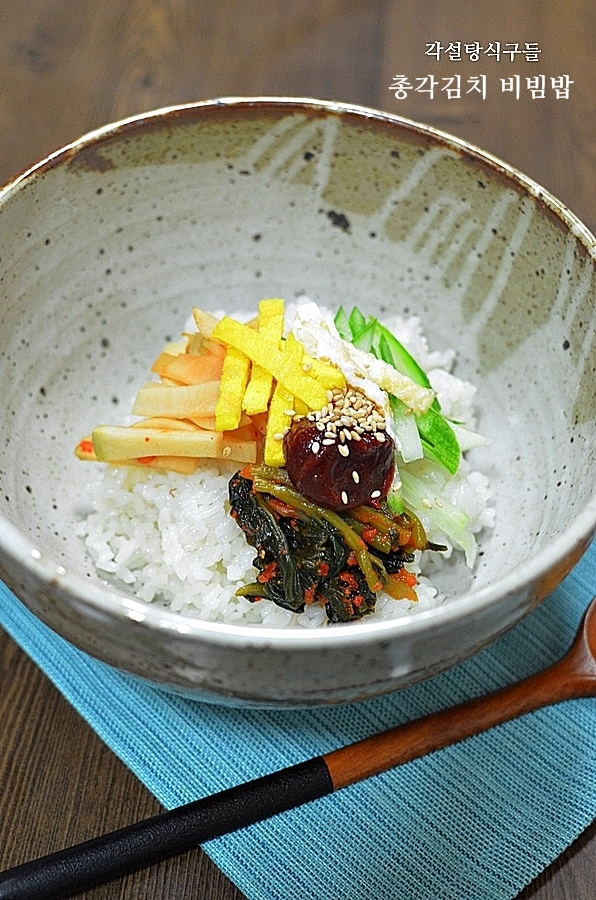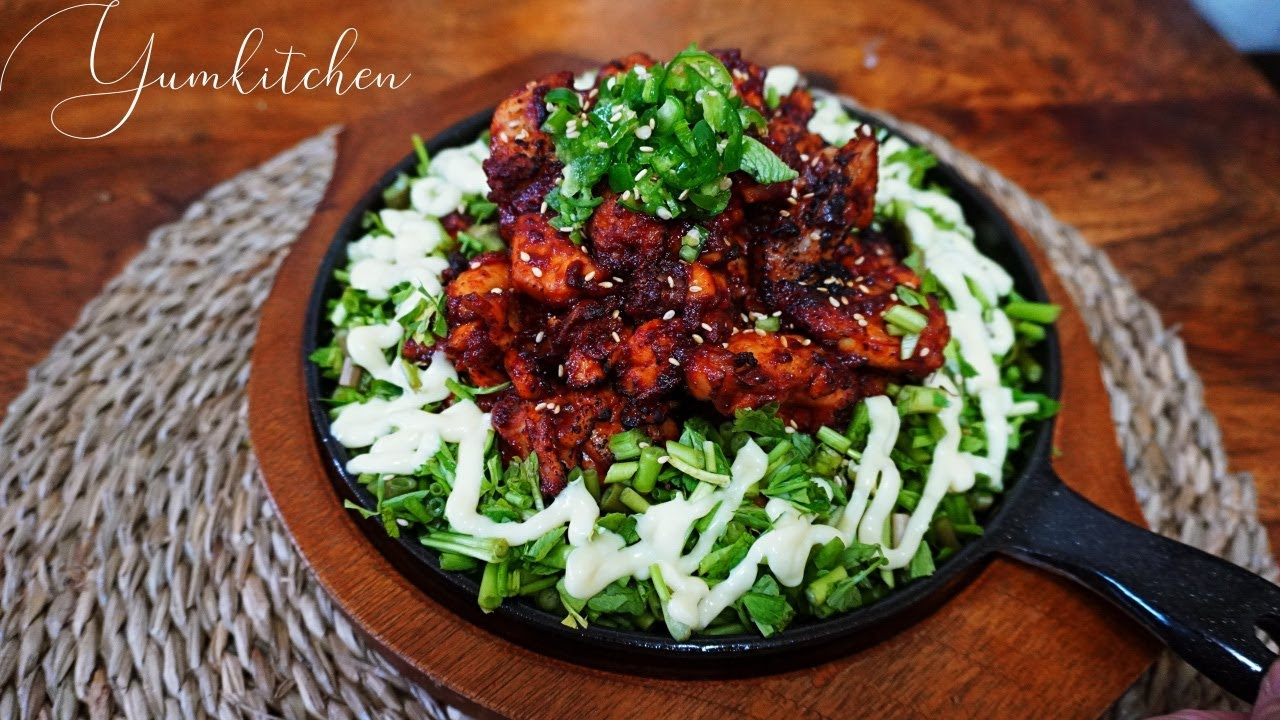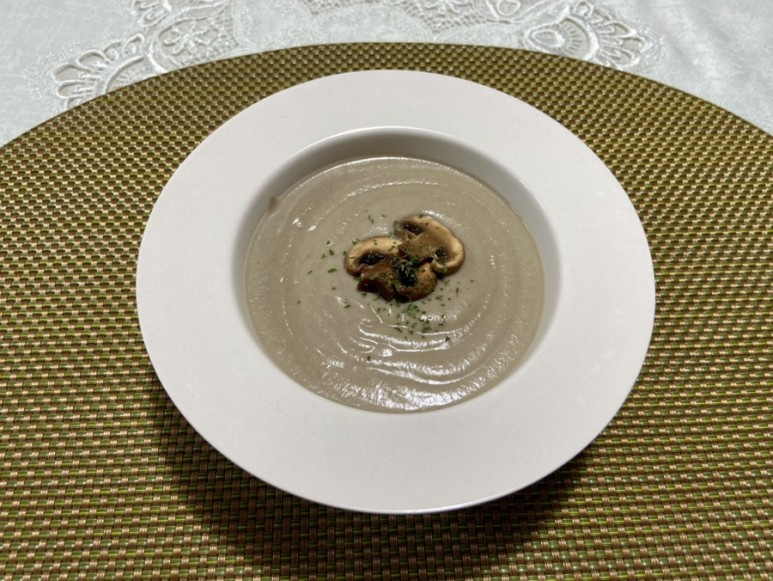Rich and Tender Braised Beef Short Ribs (Pressure Cooker Method)
A Beloved Classic: Pressure Cooker Galbijjim (Korean Braised Short Ribs) Made Easy

Make the ever-popular Galbijjim, a comforting Korean braised beef short rib dish, effortlessly using a pressure cooker. This recipe yields incredibly tender meat and a rich, flavorful sauce, perfect for any occasion.
Main Ingredients- 1kg beef short ribs for braising
- 1/2 carrot
- Small piece of Korean radish (about 100g)
- 1 small pumpkin (or kabocha squash)
- 9 peeled chestnuts
- 3 dried shiitake mushrooms
Braising Sauce- 1/2 Tbsp doenjang (Korean fermented soybean paste)
- 6 Tbsp soy sauce
- 1/2 Tbsp ginger concentrate (or minced ginger)
- 1 Tbsp rice wine or cooking sake
- 1 Tbsp plum extract (or syrup)
- 4 cloves garlic, minced (about 1 Tbsp)
- 1/2 onion
- 100ml pear juice
- 1/2 Tbsp doenjang (Korean fermented soybean paste)
- 6 Tbsp soy sauce
- 1/2 Tbsp ginger concentrate (or minced ginger)
- 1 Tbsp rice wine or cooking sake
- 1 Tbsp plum extract (or syrup)
- 4 cloves garlic, minced (about 1 Tbsp)
- 1/2 onion
- 100ml pear juice
Cooking Instructions
Step 1
First, prepare the beef short ribs for braising. It’s crucial to remove the blood by soaking them in cold water. Change the water about three times until the water runs clear. This step is essential for a clean flavor and to eliminate any gamey smell, ensuring a delicious galbijjim.

Step 2
Peel and prepare the Korean radish and carrot. Cut them into bite-sized pieces. Gently round off the edges of the radish and carrot pieces; this helps prevent them from breaking apart during cooking and keeps them looking visually appealing.

Step 3
Wash the pumpkin thoroughly. For a softer texture, cut the pumpkin into manageable pieces. Place them cut-side down in a microwave-safe dish, cover with plastic wrap, and microwave for 4 minutes. This pre-steaming makes it cook more evenly later. (Ensure seeds are removed before steaming.)

Step 4
Bring a pot of water to a boil. Add 1/2 Tbsp of doenjang to the boiling water and briefly blanch the beef short ribs for about 5 minutes. This blanching step further helps to remove impurities and any residual odors from the meat, ensuring a cleaner taste.

Step 5
After blanching, rinse the short ribs thoroughly under cold running water. Pay close attention to rinsing the areas around the bones and where the meat is attached to ensure maximum cleanliness.

Step 6
In a blender, combine the soy sauce (6 Tbsp), ginger concentrate (1/2 Tbsp), rice wine (1 Tbsp), plum extract (1 Tbsp), minced garlic (4 cloves), half an onion, and pear juice (100ml). Blend until smooth to create the braising sauce. Transfer the rinsed short ribs to a pressure cooker, pour the sauce over them, and mix well. Allow the ribs to marinate in the sauce for at least 1 hour in the refrigerator to absorb the flavors deeply.

Step 7
After marinating, place the short ribs in the pressure cooker and bring the sauce to a boil over high heat with the lid open. Skim off any scum that rises to the surface as it boils.

Step 8
Once the sauce is vigorously boiling, add the dried shiitake mushrooms (lightly rinsed under running water). Then, add the prepared carrots, Korean radish, chestnuts, and steamed pumpkin. Add these vegetables and ingredients to the pot. The ingredients might reduce in size as they cook, so ensure they are cut into appropriate portions.

Step 9
Close the pressure cooker lid. Cook over high heat until the pressure regulator starts whistling or spinning. Once it starts, reduce the heat to medium-low and continue cooking for 10 minutes. If you made a generous amount of sauce initially, you might not need to add extra water as the ingredients will release moisture. If the sauce seems too thick, add a little warm water.

Step 10
After the 10 minutes of cooking with the pressure regulator active, turn off the heat and let the pressure release naturally for 10 minutes (this is the ‘steaming’ or ‘뜸들이기’ step). Once the pressure has subsided, open the lid to reveal your perfectly tender and flavorful Galbijjim! Using a pressure cooker makes the beef incredibly soft, resulting in a universally loved dish.




